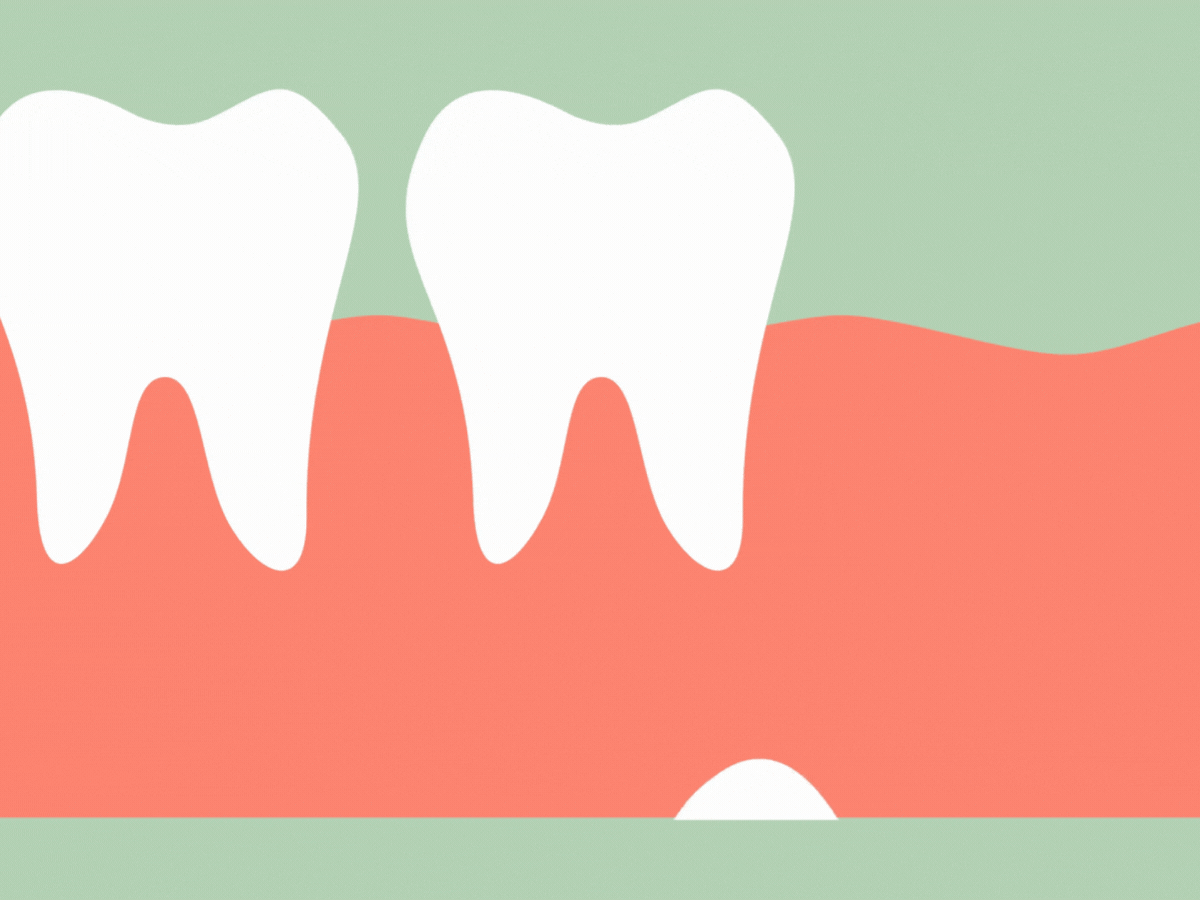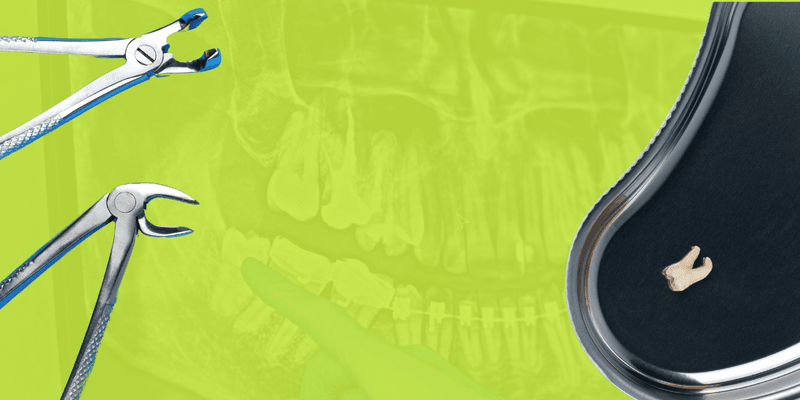Are there Disadvantages of Removing Wisdom Teeth?

October 26, 2022
Wisdom teeth are the third set of molars that typically begin to come in between the ages of 17 to 21. You usually get two on the bottom and two on the top, but it is possible to not get any at all.
If they do start growing in, it is highly common for you to experience certain health complications. For this reason, getting wisdom teeth removal surgery is often necessary. Your family dentist or another dental professional should be able to perform this process for you.
It can, of course, be intimidating to not know a lot about the type of dental surgery that you need to get. Read on to learn more about wisdom teeth removal and lessen your fears.
Wisdom Teeth Problems if Not Removed
The main problem with wisdom teeth is that they can't always fit well in the back of your mouth. This forces your wisdom teeth to grow in at an angle or even sideways. Dentists refer to wisdom teeth that have these kinds of complications as being 'impacted'.
This is what leads to several impacted wisdom teeth symptoms that you can learn about below.
Shifting Teeth
Impacted wisdom teeth may push against the teeth next to them. This can cause the teeth to shift and push in together. Not only will this make your teeth look crooked, but it can also feel painful.
Pain
You can also experience pain in other areas of your mouth due to an impacted wisdom tooth. Your gums are one common victim. Another is the joint between your jawbone and skull, otherwise known as your temporomandibular joint or TMJ.
Decay
It is difficult if not impossible to clean an impacted wisdom tooth. This leaves it open to attacks by bacteria and can cause wisdom tooth decay.
Infection
Infection can also occur if bacteria accumulates in a wisdom tooth or in the gums around it. What makes this worse is that the infection can spread to other teeth and throughout your body. This can lead to a lot more health complications than if you just extracted the tooth in the first place.
Cysts
Finally, an impacted wisdom tooth can cause a cyst to form in the jawbone and tissue. If it remains a certain size, it's not very dangerous. However, if it grows, it can cause damage to your teeth, nerves, and jawbone.

Should I Get My Wisdom Teeth Removed?
Even if your wisdom teeth grow in, it's not always necessary to get them removed. If you have a larger jaw than usual or you've had adult teeth removed in the past, your wisdom teeth will likely grow in at a normal angle.
Don't decide to keep your wisdom teeth by yourself, however. Your dentist will take an x-ray as your wisdom teeth begin to come in. He or she will then give an expert assessment over whether or not you should keep them.
When to Get a Wisdom Teeth Removal
Usually, the answer for when to get wisdom teeth removed is as soon as they erupt. However, there are other situations where wisdom tooth removal may be necessary sooner rather than later.
For example, it may be a good idea to get your wisdom teeth removed before you or your teen get braces. This will stop those pesky wisdom teeth from making your teen's teeth crooked as you try to make them straight.
It's also best to get wisdom teeth removed when the patients are young. This will make it easier for them to recover faster.
Above all, make sure to listen to your dentist and do what he or she says.
Are There Disadvantages to Removing Wisdom Teeth?
Your wisdom teeth extraction should be a painless and effortless process. You will be given an anesthetic, which should at least get rid of any pain if not completely put you out. Your dentist may then suture the open wounds shut to help them heal.
Most of the disadvantages of this surgery occur after it has taken place. You can learn more about some of these issues below.
Pain and Swelling
You may experience pain and swelling around the back of your jaw for a few days. If you do, there's no need to be alarmed. While this can be uncomfortable, it is a common reaction to wisdom tooth removal surgery.
Take pain pills prescribed by your doctor and use ice on your swelling. If you feel pain and swelling for more than five days, call your doctor as this isn't common.
Bleeding
Bleeding is also fairly common. You can expect the wounds to bleed for around 8 to 12 hours after your surgery before a blood clot forms.
Your dentist should give you some instructions to help lessen the bleeding. You will likely need to avoid smoking, eat soft foods, and rinse your mouth with saltwater among other things.
Dry Socket
A dry socket occurs if a blood clot fails to form over your surgical wound. This can leave your nerve open to food and air debris. If you feel a sharp pain at the extraction site that starts 3-4 days after the procedure, call your dentist, as they may need to clean and cover your wound.
Limited Mouth Opening
You may struggle to open and close your mouth after surgery. This should go away after some time. If it doesn't, your dentist can prescribe some treatments like muscle relaxants.
Lip Numbness
This is very rare, but your lips may become numb after the surgery. This is usually temporary. It's only permanent if the nerve damage is severe, but the chances of this happening are slim.

Our Family Dentist Service Can Provide You With Quality Dental Care
In sum, while there can be complications to wisdom teeth removal, there can also be complications to not removing them. Yes, the surgery may be anxiety-inducing. However, a good quality dentist will be by your side the entire way.
If you're looking for a high-quality family dentist in Little Rock, look no further than us. We offer a wide variety of dental services and utilize the most modern methods and technologies. Download our free infographic on why you need your teeth professionally cleaned today.
Connect With
Call (501) 232-6273 or request an appointment online to set up your first visit. We’ll be in touch soon.
